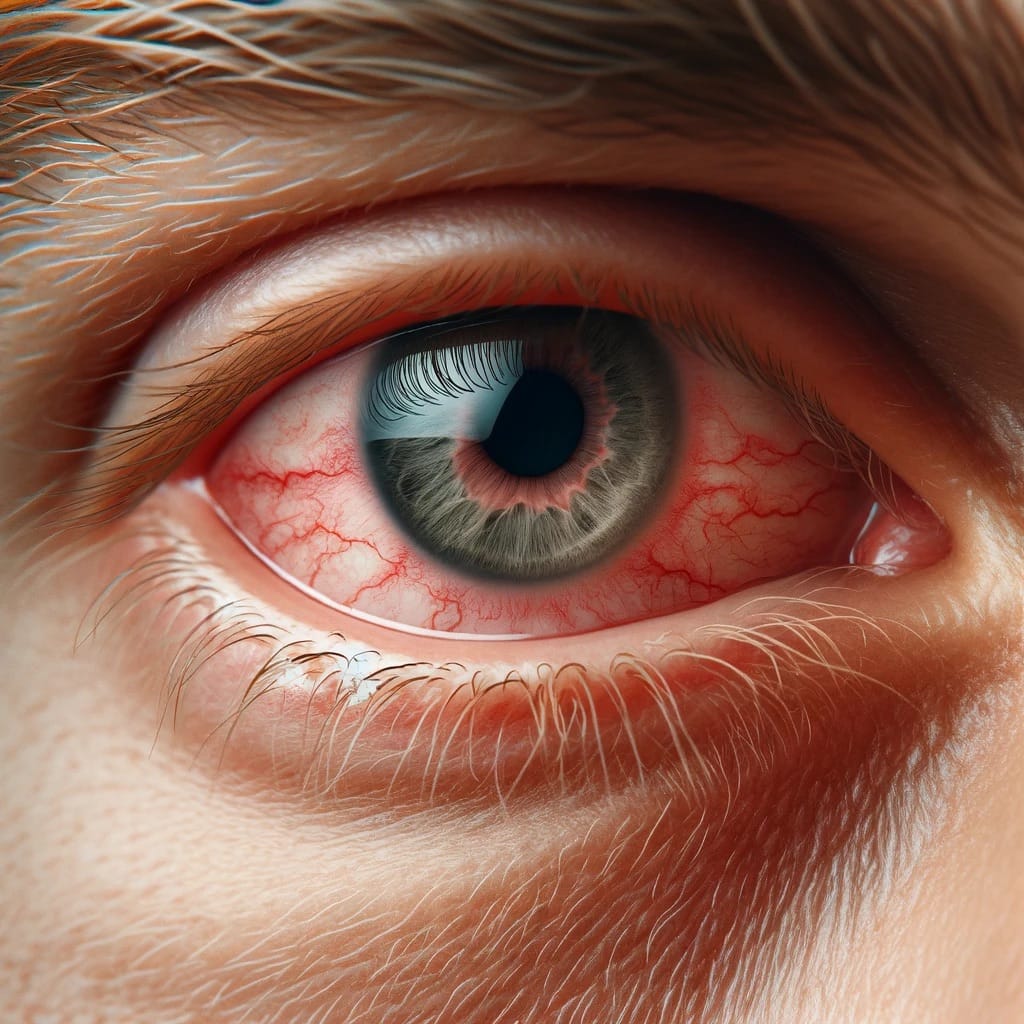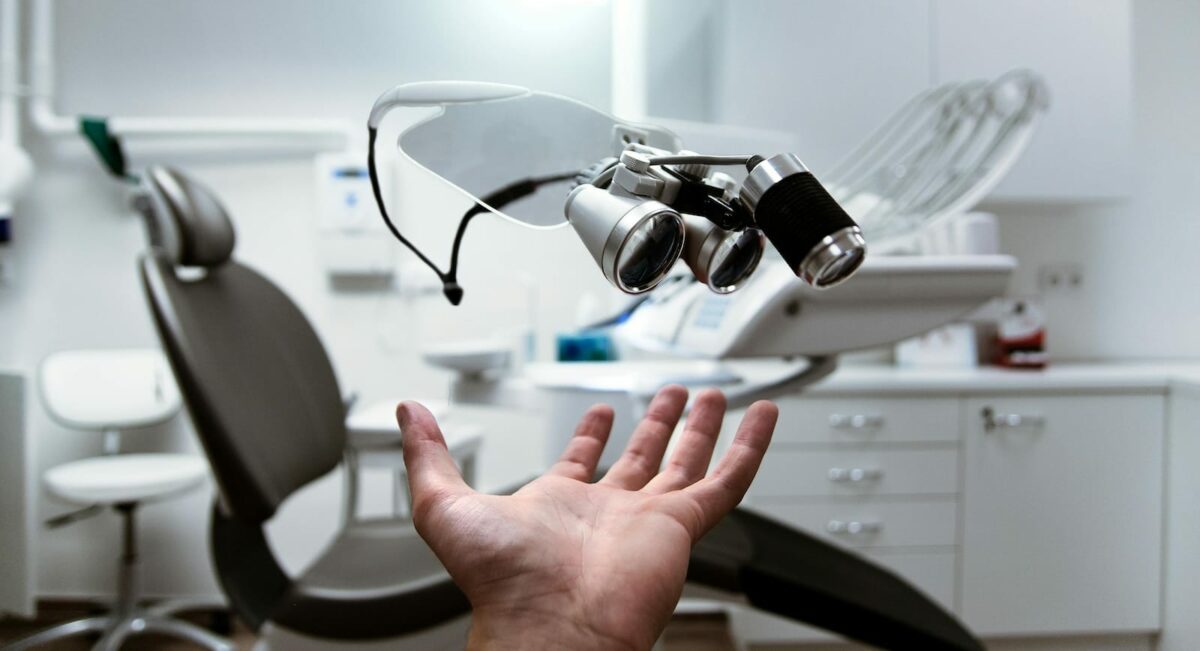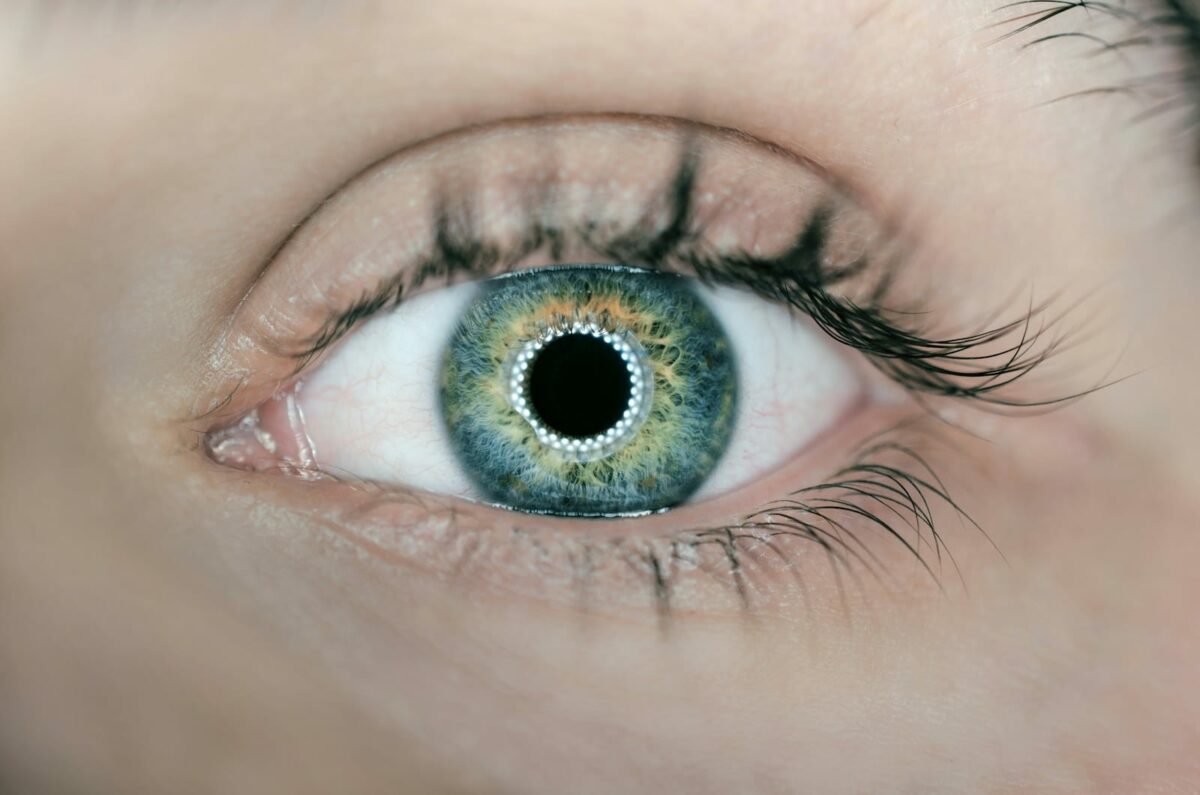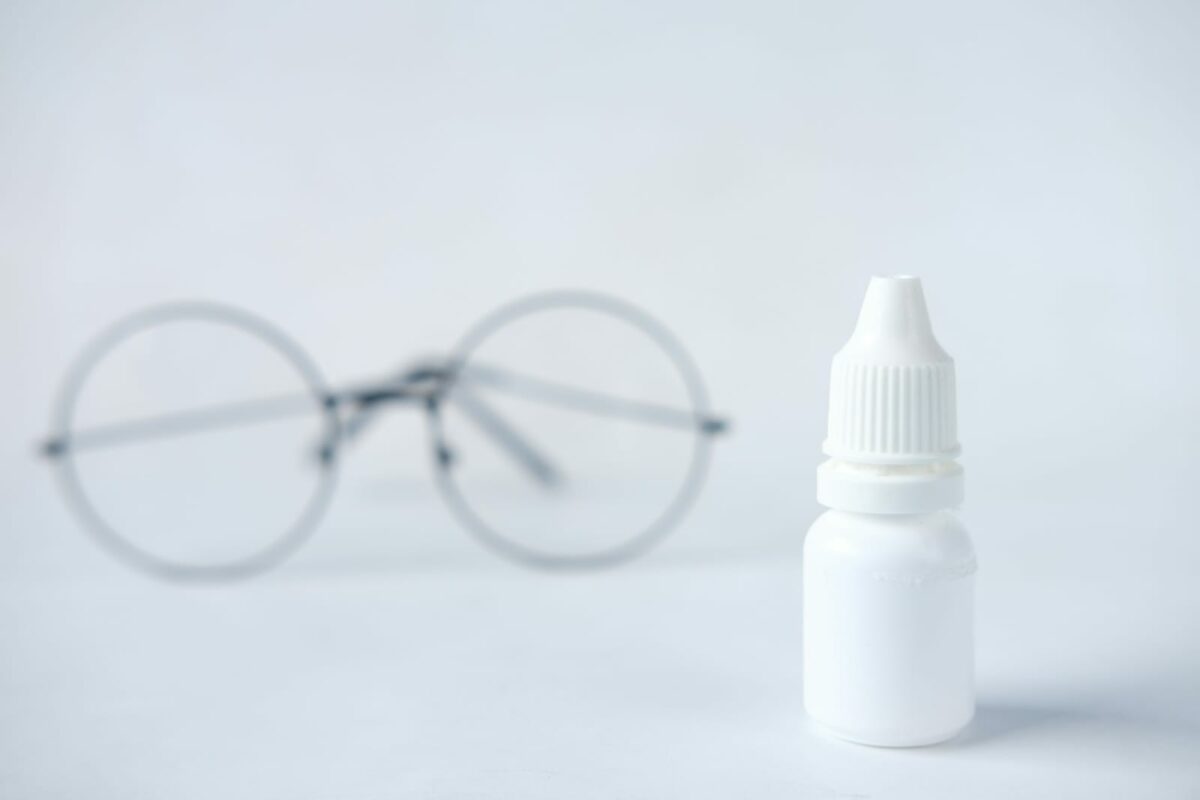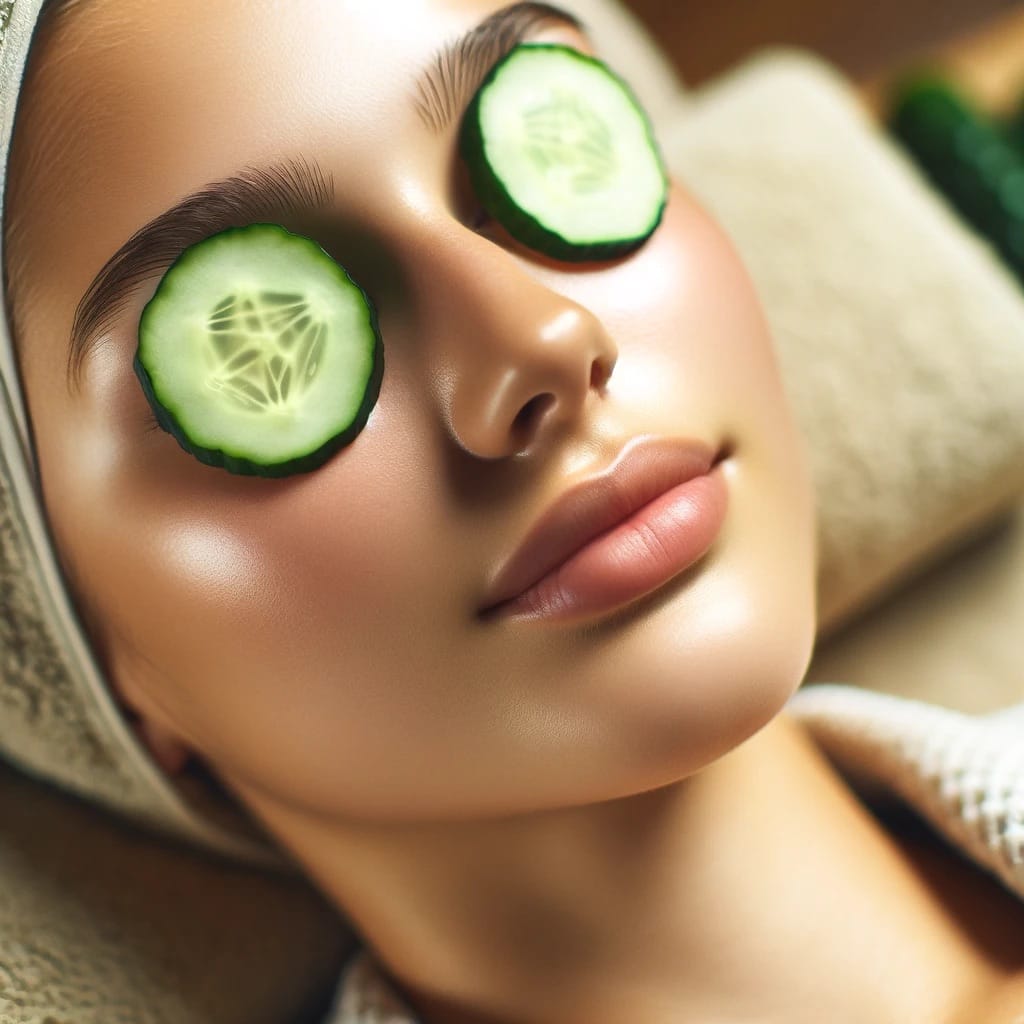As spring and summer roll around, many of us look forward to longer days, warmer weather, and blooming flowers. However, for millions of hay fever sufferers, these seasons also bring a familiar and unwelcome set of symptoms: itchy, red, and watery eyes, sneezing, and a runny nose. Hay fever, or allergic rhinitis, is an allergic reaction to pollen from trees, grasses, and weeds. While medication … Read More about Can wearing sunglasses help prevent hay fever?
Eye Care
Does Wearing Glasses Make Your Eyesight Worse
The relationship between wearing glasses and the health of your eyes has long been a topic of debate and misconception. Many people wonder if relying on corrective lenses can worsen their eyesight or if wearing glasses actually improves vision. I personally remember this as kid as some of my friend's waiting with getting glasses as their parents told them that if they started wearing glasses … Read More about Does Wearing Glasses Make Your Eyesight Worse
8 Signs That It Might Be Time for Glasses
The world we see is a vivid tapestry of shapes, colours, and details. However, as time passes, our vision may change, subtly affecting how we perceive this rich tapestry. Knowing when it might be time for glasses can make a significant difference in maintaining optimal vision and quality of life. Let’s explore some common signs that suggest you might need glasses. Arlo Wolf's 8 Signs That You … Read More about 8 Signs That It Might Be Time for Glasses
What Are Polarised Sunglasses?
When the sun casts its brilliant rays upon us, few accessories are as essential as a good pair of sunglasses. But not all sunglasses are created equal, and one term that often arises in discussions about eyewear is "polarised." What exactly does this mean, and why should you consider polarised sunglasses for your next eyewear investment? Did you know that all our Arlo Wolf sunglasses can be … Read More about What Are Polarised Sunglasses?
Photokeratitis – Sunburned Eyes
Photokeratitis, although not commonly heard of, is a condition that affects the eyes due to overexposure to ultraviolet (UV) rays. Sometimes referred to as "sunburn of the eye," it can occur after spending extended periods in environments with high UV radiation, such as sunny beaches or snowy landscapes. In this article, we'll explore what photokeratitis is, its common causes, symptoms, and … Read More about Photokeratitis – Sunburned Eyes
Itchy Eyes – Common Causes & Treatments
Itchy eyes can be a bothersome and uncomfortable condition that affects individuals of all ages. Whether caused by allergies, environmental factors, or underlying eye conditions, itchy eyes can significantly impact one's quality of life. In this article, we'll delve into the common causes of itchy eyes and explore effective treatments to provide relief. As always, please note we at Arlo Wolf are … Read More about Itchy Eyes – Common Causes & Treatments
What is Glaucoma?
Glaucoma, often referred to as the "silent thief of sight," is a group of eye conditions that can lead to irreversible vision loss if left untreated. This progressive optic neuropathy damages the optic nerve, typically due to an increase in intraocular pressure (IOP), ultimately impairing the transmission of visual signals from the eye to the brain. Despite being asymptomatic in its early stages, … Read More about What is Glaucoma?
Reading Books and Screens in the Dark
Is It Bad For Our Eyes? In the era of ever-present screens and the age-old allure of a good book, the question arises: is reading in the dark bad for our eyes, and do glasses offer a solution? Let's delve into the dilemma and explore the impact of reading books and screens in low-light conditions. A Good Old-school Book For centuries, reading books has been a cherished pastime. The soft glow of … Read More about Reading Books and Screens in the Dark
Common Causes of Eye Twitching
Eye twitching, a phenomenon familiar to many, can be both intriguing and mildly bothersome. Whether experienced as a gentle flutter or a noticeable spasm, the involuntary twitching of the eye raises questions about its origins and potential implications. On a personal note I experience this once in a while so I thought I would share a little research with you my fellow Arlo Wolfers. Let's delve … Read More about Common Causes of Eye Twitching
Are Eye Drops Safe to Use?
Eye drops play a vital role in maintaining ocular health, providing relief from discomfort, and addressing various eye conditions. In the United Kingdom, the use of eye drops is a common practice for individuals seeking to alleviate dryness, redness, or irritation. Understanding the safety aspects of eye drops is crucial for ensuring their effective and responsible use. Regulatory Standards in … Read More about Are Eye Drops Safe to Use?
Top 5 Eyecare Tips For Prolonged Screen Use
Before we get into some tips for people spending a long time in front of a screen let's quickly look at what issues that prolonged screen usage can cause, especially on electronic devices like computers, smartphones, and tablets. While it's important to note that these issues are not exclusive to screens and can also be influenced by other factors, here are some reasons why prolonged screen use … Read More about Top 5 Eyecare Tips For Prolonged Screen Use
How to Relieve Tired Eyes
Combatting tired eyes is essential for maintaining overall well-being, especially in our screen-dominated world. We are definitely guilty ourselves of spending too much time in front of the computer. After all we do run our online business. Without our website how could we offer a home trial solution for prescription glasses? On the positive side, here are some tips to soothe and refresh those … Read More about How to Relieve Tired Eyes
Our General Eye Care Tips
Taking care of your eyes is essential for maintaining good vision and overall eye health. Here are some general tips for eyecare:
Regular Eye Exams
– Schedule regular eye exams with an optometrist or ophthalmologist. They can detect potential problems early and ensure your prescription is up-to-date.
Healthy Diet
– Eat a balanced diet rich in fruits and vegetables, particularly those high in antioxidants like vitamin C and E, zinc, and beta-carotene. These nutrients contribute to eye health.
Stay Hydrated
– Proper hydration is essential for maintaining good eye health. Aim to drink enough water throughout the day.
Protective Eyewear
– Wear safety glasses or goggles when doing activities that could potentially lead to eye injuries, such as playing sports or working with hazardous materials.
Limit Screen Time
– Follow the 20-20-20 rule when using digital devices: every 20 minutes, look at something 20 feet away for at least 20 seconds to reduce eye strain.
Proper Lighting
– Ensure that your workspace and living areas have adequate lighting to reduce eye strain. Avoid glare from windows or overhead lights.
Blink Regularly
– Blinking helps to moisten your eyes and prevent dryness and irritation. Remind yourself to blink, especially when using digital screens for extended periods.
Maintain a Comfortable Viewing Distance
– When using digital screens, maintain a comfortable distance and angle. The screen should be at eye level and about an arm’s length away.
Clean Your Hands and Avoid Rubbing Your Eyes
– This helps to prevent the spread of germs and reduce the risk of eye infections.
Avoid Smoking
– Smoking is linked to several eye conditions, including cataracts and macular degeneration. Quitting or not starting can help protect your vision.
Wear Sunglasses
– Choose sunglasses that block 100% of UVA and UVB rays to protect your eyes from harmful UV radiation.
Get Adequate Sleep
– Sleep is crucial for overall health, including eye health. Aim for 7-9 hours of quality sleep per night.
Manage Health Conditions
– Conditions like diabetes, high blood pressure, and high cholesterol can impact your eye health. Manage them through proper treatment and lifestyle choices.
Follow Contact Lens Care Instructions
– If you wear contact lenses, follow your optometrist’s instructions for cleaning and wearing them to prevent infections and discomfort.
Use Eye Drops Responsibly
– Consult with an eye care professional before using over-the-counter eye drops. Using them improperly can sometimes do more harm than good.
Remember that if you experience any sudden changes in your vision or any persistent discomfort or pain in your eyes, it’s important to consult an eye care professional promptly. They can provide specific advice and treatment based on your individual situation.





